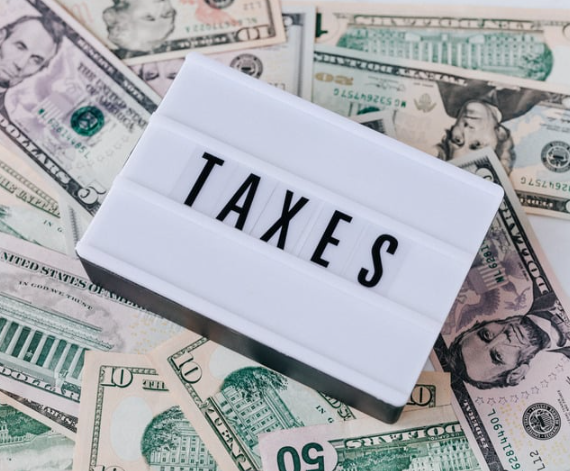The Supreme Court Will Hear a Case That Could Change the Tax Law

The Sixteenth Amendment to the United States Constitution, ratified in 1913, grants Congress the power to levy and collect income taxes. But what becomes of income that hasn’t been received or realized? The Supreme Court will hear arguments in a tax law case addressing such issues.
The case arose from a one-time tax on accumulated foreign profits that Congress created in 2017. It extended to individuals with a minimum of 10% ownership stake in foreign companies. The goal was to smooth the transition to new tax rules that no longer allow companies to defer U.S. taxes on their foreign income.
A Washington state couple, The Moores, invested in an India-based company. They challenged the tax and sought a refund. They claim that since they hadn’t realized any income from their investment, they should not be taxed. Their attorney, Andrew Grossman of Baker Hostetler, argues, “Income means the same thing now that it did when the 16th Amendment was ratified: gains that the taxpayer has realized.”
If the Supreme Court rules to uphold the law, the existing state of affairs remains firmly in place. However, if the Supreme Court’s ruling favors the Moores, it could mean considerable implications. Corporations could be refunded billions of dollars. Democrats’ proposals to tax wealthy Americans could be blocked. Additionally, longstanding chunks of the tax code could be uprooted.
This blog post was excerpted from an article in the Wall Street Journal.
